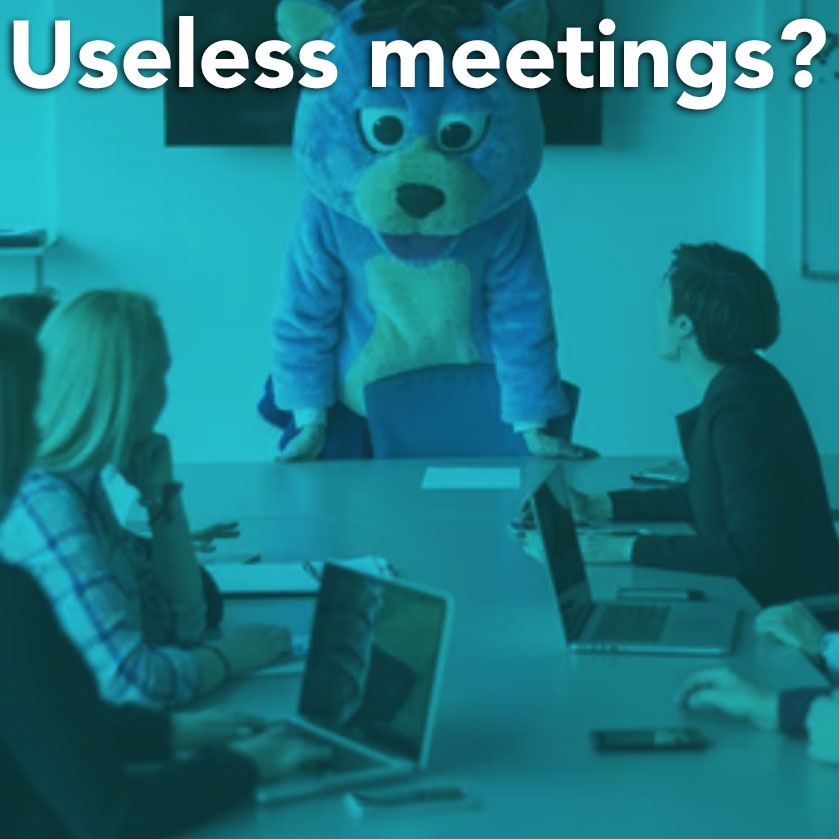How to Break the Cycle of Useless Meetings in the Workplace

Why Better Communication—Not More Meetings—is the Answer
In nearly every organization, the digital calendar clutter is real, and has become expected, almost normalized. Employees often joke about needing a meeting to plan a meeting—though funny to some, to those who suffer meeting fatigue, it’s not as funny.
The outcome is palpable here: when communication breaks down, productivity plummets, decisions drag, and teams disengage. The Employees are not to blame. We will explore how professional communication skills can reduce the need for unnecessary meetings and make the ones we do have truly worth attending.
The Problem and the Antidote
The real issue? Ineffective communication. The solution? Sharpening how, when, and why we connect. Useless meetings are the symptom of poor communication, and are usually scheduled as a substitution for clarity, alignment, and accountability. Looking to finetune the ability to craft clearer emails, concise Slack messaging, or all-encompassing project plans?
Let’s explore:
Clarify Purpose—This should be before you write, text, call, speak, or meet.
- Have answers to the questions:
- What is the desired outcome?
- Who TRULY needs to be involved?
- Is an asynchronous solution available?
Pursue Asynchronous Outcomes
- Instead of a 30-minute meeting, explore:
- A structured email with bullet points and assignments
- Record a video as a walkthrough of your thoughts
- A shared document where everyone can work from the same version
- A structured email with bullet points and assignments
Foster a Culture of Active-Listening and Accountability
- Meetings often happen because employees feel they have not truly been heard. Foster an environment that prioritizes:
- Active listening
- Clear delegation of expectations
- Clear timelines
- Confirmatory follow-up
- Celebrate trust and ownership
When you do meet, be sure to make it count. Not all meetings are bad; some can even be energizing. The difference between a productive meeting and a pointless one is in the preparation and facilitation. Both outcomes rely on professional communication skills.
When preparing, be sure to deliver with a meaningful approach.
- Set a Clear Agenda: Come with a defined purpose, clear objectives, and only invite those who are truly needed. Agendas signal respect for time and help participants prepare to engage.
- Facilitate with Energy and Intent: Deliver an adequate tone and pace, encourage participation from all voices, and actively keep the conversation from drifting. Practice skills such as listening, summarizing, clarifying, and sometimes managing conflict.
- Close with Clear Follow-up: Summarize clear next steps, review assigned responsibilities, formalize deadlines and next steps.
How can Pinnacle help?
Pinnacle Performance Company’s methodology is rooted in psychological principles that actors have used for centuries to influence emotion and motivate action. This approach ensures that communication is not just about conveying information, but also about engaging and inspiring your intended audience.
Training programs are designed to: Build Leaders, Drive Engagement, and Elevate Teams.
Let Pinnacle help your team replace pointless meetings with purposeful conversations. It’s time to meet less—and mean more.

